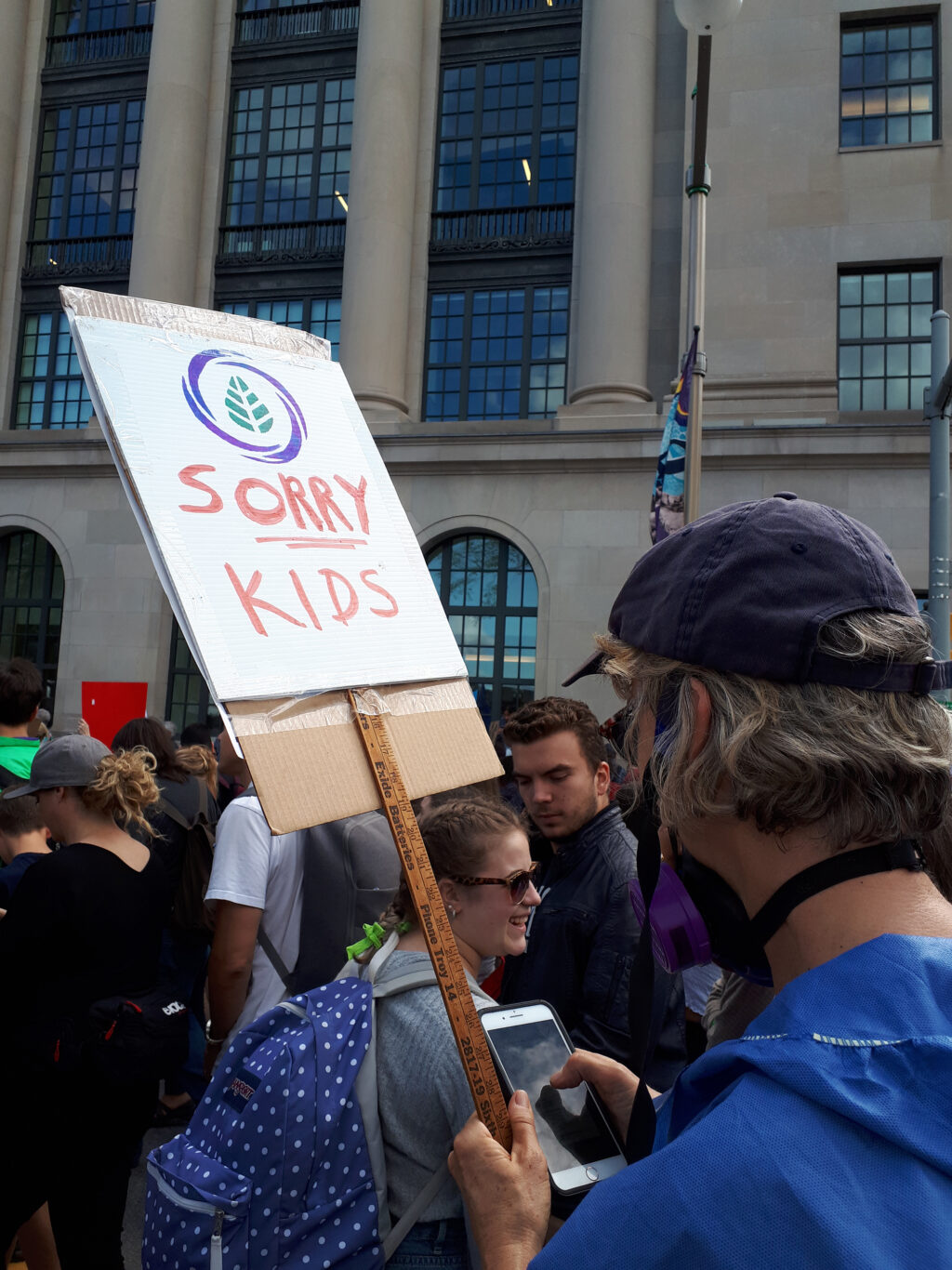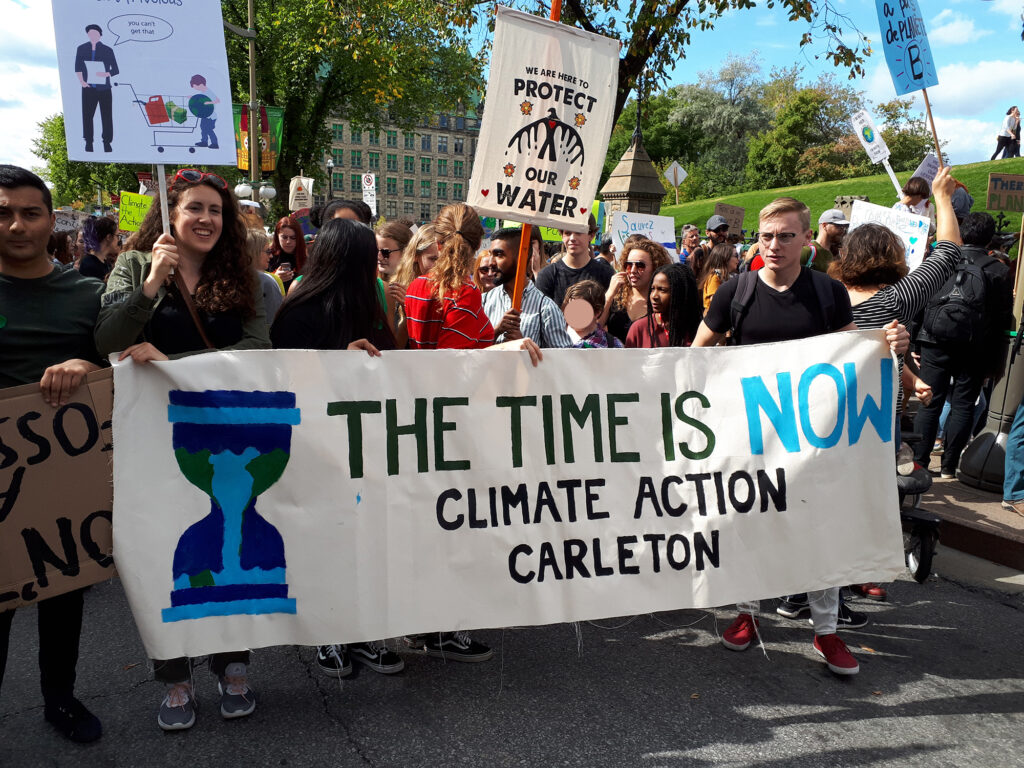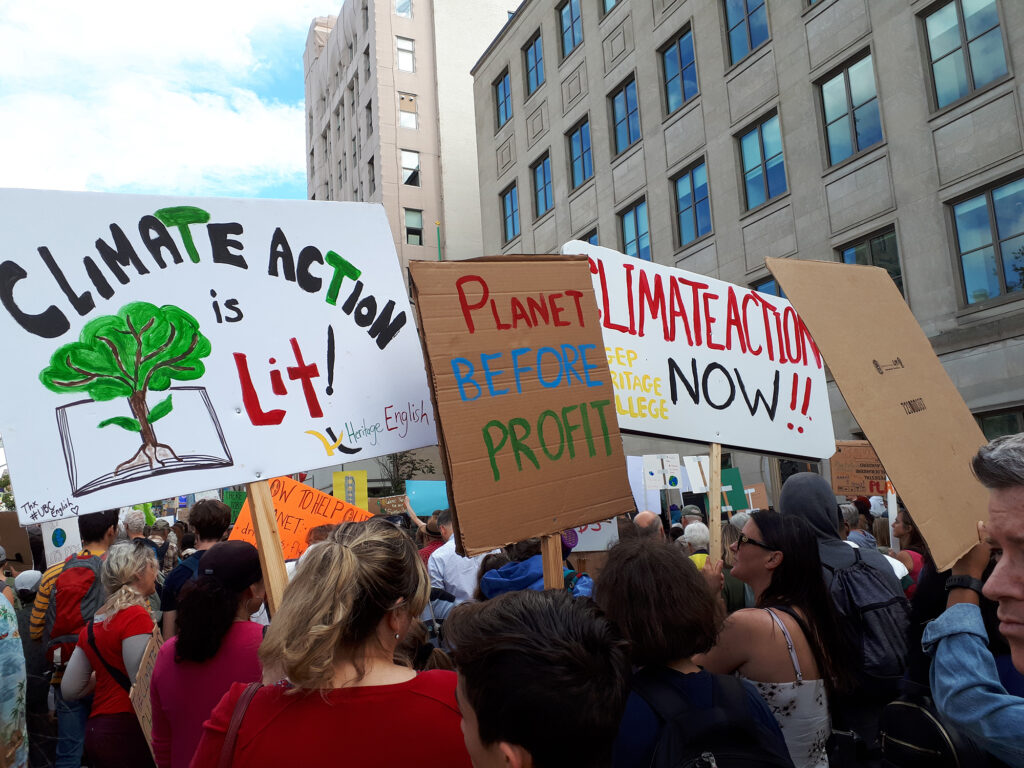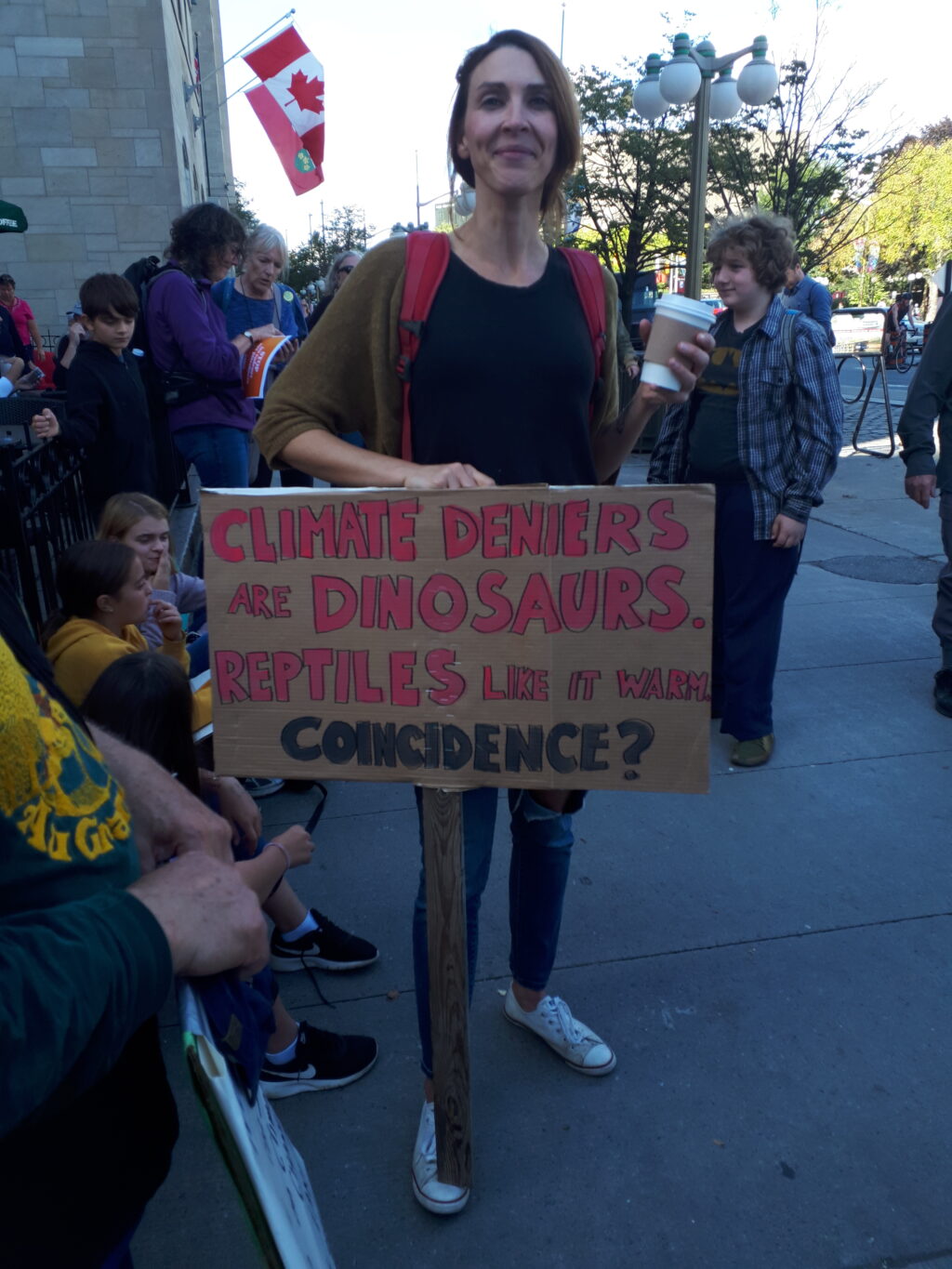Apathy about uncertainty
Many people and businesses seem unconcerned with climate change. Maybe it is easier to ignore the issue because the cumulative direct effects on us individually are hard to predict and require understanding of multiple variables. Many of us wish to push these bad thoughts about the climate emergency to the side because we aren’t completely aware of all the negative effects of GHGs. Will we continue to ignore the changing climate until it damages our neighborhoods like it has in the past month on the West Coast? What are Canadians thinking about the climate emergency now?
Short term perspectives, long term benefits
Humanity, as a species, is wired for instant gratification. The chemicals in our brains tell us that getting attention on social media is great, sugar is amazing, and putting off chores until “tomorrow” to play video games is valid. We often have a short-term outlook on rewards.
Yet, we show up to work 40-hour weeks. Not only that but we look after our health by exercising and limiting the amount of take out we get. We take care of friends when they’re sick, or family as they age. Most importantly, many people save for their retirement. Rather, they save for their future. Self-preservation, survival and community come before our gratification desires (or at least for healthy adults).
So then why is it that when it comes to attitudes towards climate issues, where there are largely long-term benefits, many people are apathetic? And perhaps just as importantly; why do younger generations care so much more about climate change?

The easy answer would be perspective. Let’s try to break that down.
Instant rewards
The business focus is often very short term. The focus is on their growth, profit margins and the ability to please stakeholders (primarily shareholders). Many businesses feel pressure from investors who want to see a quarterly return, meaning that most progress goals are set at four months out. Businesses then are not thinking long term but are instead focusing on profit margins and ultimately bonuses for senior executives. The problem is that environmentally friendly practices become the long-term goal – meaning “yes, but not now…later”. Granted most businesses acknowledge that they care for the environment… at least publicly. However, many aren’t investing in sustainability as there won’t be a fiscal benefit to them immediately… but if we don’t do something now tomorrow will not look so nice. Think Lytton, British Colombia this past week.

Passing the torch, literally
Let’s answer the question about the younger generations’ passion for sustainability more fully. Yes, it depends on your perspective, but why? Consider you’re an 85-year-old individual. Within the frame of your life, you’ve heard many things, including a sudden boom in people talking about climate change – particularly in the last 10 years (but people have been talking about it since the 70s). And with what is left of your life, until your consciousness gets transferred to an android or something, what do you think you will see? Maybe summers get a bit hotter, perhaps the ocean gets a bit closer to your front door. The key word here is a bit. Doesn’t seem like that big of a deal, right?
Okay now let’s take on a younger person’s perspective. I’m 23 (Noah), so let’s use me. What will I see in the span of my life? What will the world look like when I’m 45 years old? What about 85? And given that, what career opportunities will I and people my age have?
Hopefully we’ll have made some big changes in my lifetime. The goal for many countries is to hit carbon neutrality by the time I’m in my 50s. Plastic alternatives may be freely available even within the next decade. It’s possible that fewer people will eat meat, or at least eat less of it (the animal farming industry makes up a large portion of carbon emissions and water usage). However, it’ll take a lot of work to get there. And it could still not be enough.

Unless someone like you cares a whole awful lot, Nothing is going to get better. It’s not.
Dr. Seuss, The Lorax
Got an attitude about climate change?
I think younger peoples’ attitudes towards the climate crisis and environmentalism is stronger than that of older generations because we will be here longer (with some exceptions like David Suzuki and Paul Hawkins). A nice thought is that as younger generations age and come into power we can hope that change will be enacted (those generations being Millennials and younger). But will it?
The answer is a resounding yes. Studies have shown that by increasing the knowledge that students have of climate issues, they rate the issues as more serious (read more about that here). Now this isn’t surprising, but it does underline the importance of courses like Business and Environmental Sustainability II, and others at Sprott. Check out Sprott’s new sustainability courses! Here are four other courses which emphasize responsible business that you can take during the 2021-2022 semesters:
- BUSI 4117 Developing Creative Thinking
- BUSI 3119 Business and Environmental Sustainability I
- BUSI 4901 B Marketing and Sustainability
- BUSI 4901 C Sustainability Accounting, Impact Measurement and Social Finance
To continue to enjoy prosperity in our future, young people (and old people too!) need to get past our short-termism and apathy. There is a dire need to invest in changes to business practices that are stuck in a negligent mindset. You, your children and even their children can’t enjoy that nice 5% increase in profits if the air quality is poor, the water contaminated and severe weather swinging wildly out of control. Being stewards for the environment is the only way towards protecting quality of life for future generations. After all, there is no Planet B.

